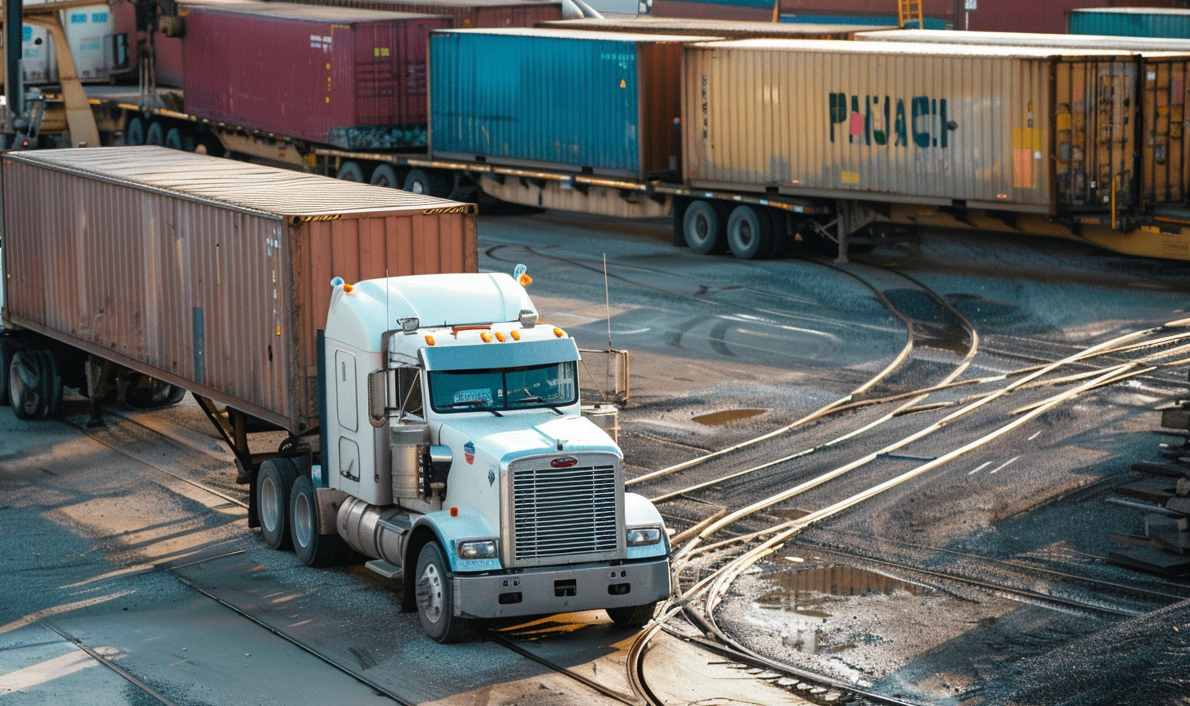Drayage truckers and shippers are vigorously opposing a request by container ship operators to postpone a recent rule governing how containers can be billed. They are cautioning the Federal Maritime Commission that such a delay would cause significant disruptions in the supply chain.
The Ocean Carrier Equipment Management Association (OCEMA), representing the largest international ocean carriers, petitioned the FMC to extend the effective date of a rule correction related to demurrage and detention charges. This correction was made shortly before the rule was set to take effect, aiming to clarify billing practices for containers picked up or returned late at seaport facilities.
OCEMA argued that the timing between the rule correction and its original effective date did not allow enough opportunity for carriers to adjust their practices accordingly. They claimed that the clarification contradicted previous indications from the FMC about invoicing motor carriers for these charges related to inland transport.
However, industry stakeholders overwhelmingly opposed OCEMA’s request. They emphasized that the FMC had been clear in its intention that trucking companies should not be billed for demurrage and detention fees unless directly involved in contracting for ocean transport or storage of cargo.
Matt Schrap, CEO of the Harbor Trucking Association, noted that the rule explicitly limits billing responsibility to the consignee or the contracting party for ocean transportation, excluding any other entities from invoicing.
Rather than seeking a delay, Schrap urged OCEMA to collaborate with supply chain partners to clarify and unify procedures, rather than preserving practices that primarily benefit their financial interests.
The Shippers Coalition, representing major companies like Home Depot and Coca-Cola, pointed out the chaos that would ensue if the rule were halted after coming into effect. They stressed the importance of maintaining clarity and consistency in commercial transactions already underway.
Peter Friedmann of the Agriculture Transportation Coalition echoed these concerns, warning that suspending current billing practices would disrupt the entire U.S. supply chain and undermine efforts to enhance supply chain efficiency.
In contrast, the National Customs Brokers & Forwarders Association of America (NCBFAA) did not reject OCEMA’s request outright. They expressed concern over a specific provision in the rule related to invoice contents, which had been unexpectedly delayed indefinitely.
NCBFAA suggested an interim period of “informed compliance” rather than postponing the entire rule. This period would allow regulated entities to adjust their practices without fear of penalties, similar to practices used by U.S. Customs and Border Protection for new regulations.
In conclusion, while OCEMA seeks a delay citing implementation challenges, stakeholders across the industry argue for maintaining the rule’s current effective date. They stress the need for clarity and stability in billing practices to support a smooth and efficient supply chain operation.






